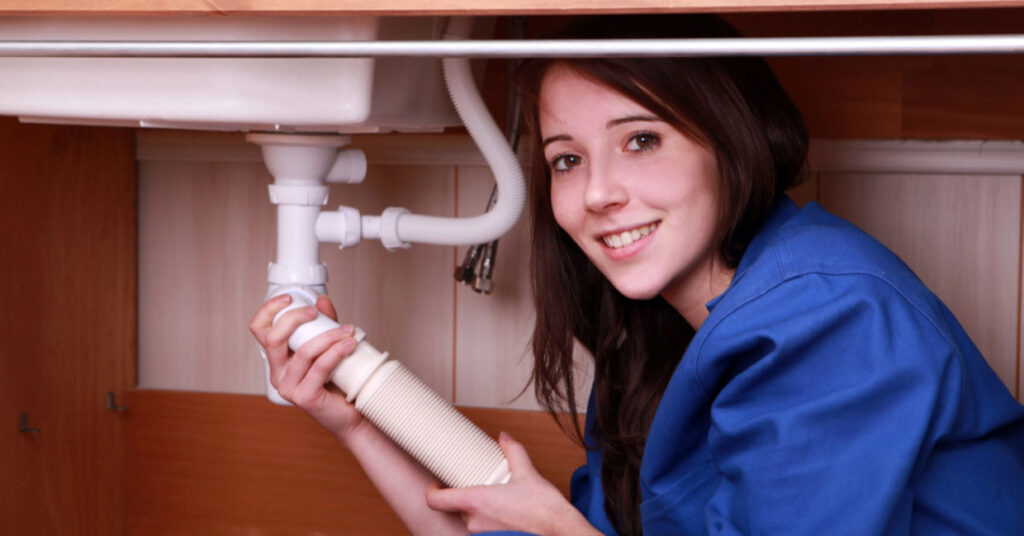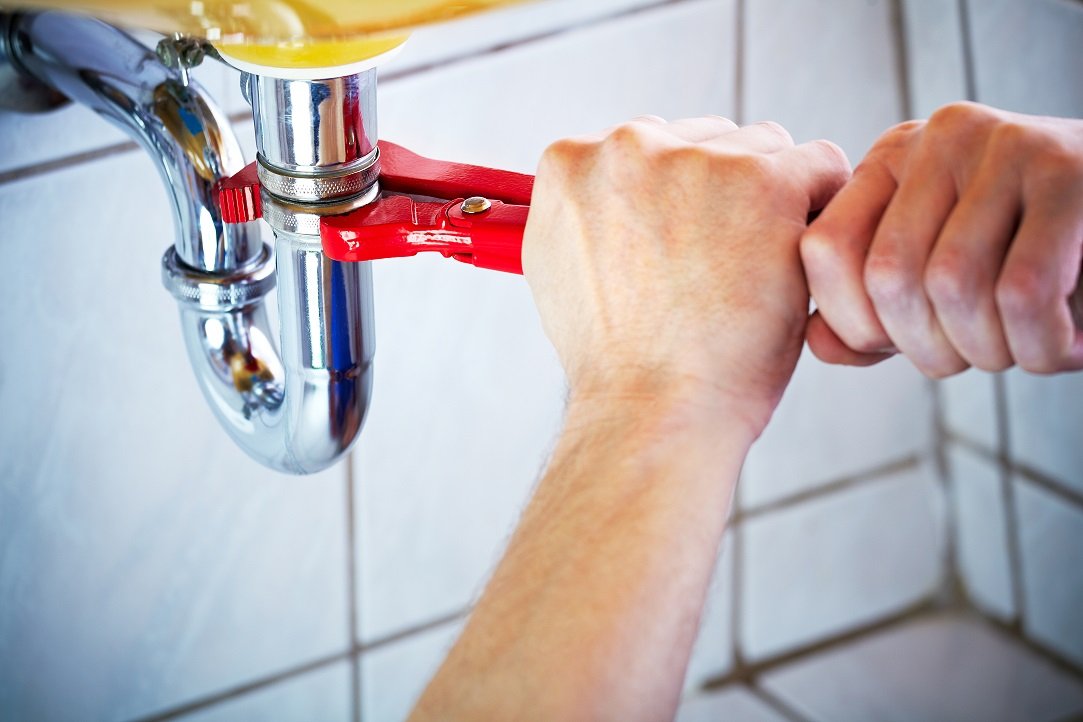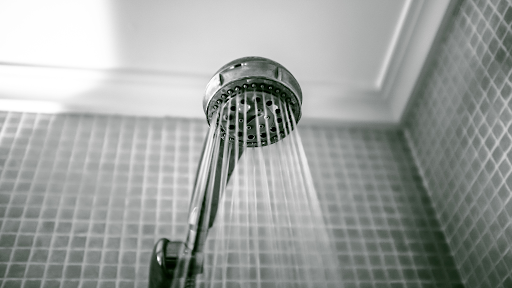One of the biggest sources of stress in life is a blocked drain. A clogged sewer can be especially problematic since they can quickly result in overflowing toilets and other unsanitary conditions. Blocked Drains Bayswater don’t have to be a problem, though! Here are some tips on how to prevent and treat blocked drains:
Preventing Blocked Drains
- Keep hair and other debris out of drains.
- Use a strainer or net to catch hair and other debris. This will also prevent expensive plumbing repairs by keeping your drain free of clogs.
- Don’t put food down the sink. Food particles are one of the biggest contributors to clogged drains, so it’s important not to pour them down your sink instead of disposing of them properly or composting them if possible.

When to Call a Plumber
There are certain situations in which it’s not necessary to call a plumber. If you don’t have an urgent problem and the blockage is not severe, you may want to try some of these DIY methods first. However, if the issue is major or the situation is unfamiliar, it’s always best to contact a professional drain specialist right away.
- If your drains are backed up and overflowing into your home: This means there is an obstruction somewhere along their course—either at the point where they enter or exit from your home—and immediate attention is required!
- One way this could happen is if tree roots have grown into them (causing a “blocked” drain), but sometimes something as simple as grease buildup can create this effect too. Whatever has caused this problem should be removed immediately; otherwise water will continue flooding out of every hole it can find until something breaks through (like another pipe).
- If there are visible obstructions in your drains: The most common things that cause these obstructions include food items such as chicken bones or pasta noodles being flushed down toilets; grease buildup due to improper disposal practices like pouring cooking oil down sinks without properly disposing of them first (you should always pour liquids into containers before putting them into sink drains); toilet paper clogs caused by someone flushing too much paper down one toilet rather than using multiple stalls per person per day; etcetera…
Home Remedies for Blocked Drains
- Vinegar and baking soda: Pour 2 tablespoons of baking soda down the drain, then follow with 2 cups of vinegar. The reaction between the two will create a foamy, bubbly solution that will clear your drain.
- Baking soda and boiling water: Pour a cup of boiling water down the drain, then sprinkle 2 tablespoons of baking soda on top of what’s left in the sink. Let stand for 30 minutes before pouring a kettle full of cold water down it to rinse out all traces.
- Baking soda and vinegar: Pour ½ cup white distilled vinegar into a bowl filled with warm water—about 3 inches deep should do—then drop in one or two teaspoons worth of baking powder until it dissolves completely (you can use more than this amount if necessary). Drop this mixture down your blocked drain and let sit until it clears up any clogs you may have before flushing away the mixture with hot running water (soap doesn’t hurt either!).
- Dish soap: Pour 1 cup clear dish soap into an empty bottle; fill remainder space with hot tap water; shake vigorously until combined well; pour contents down blocked sink drains once per month as needed to prevent future clogs from forming!
We hope that you’ve learned some new tips and tricks to help prevent and treat Blocked Drains Bayswater. If you still think that your home needs more than just a few drops of vinegar in the bathroom sink, don’t hesitate to call a plumber. They can fix the problem right away and make sure that everything is running smoothly again.




